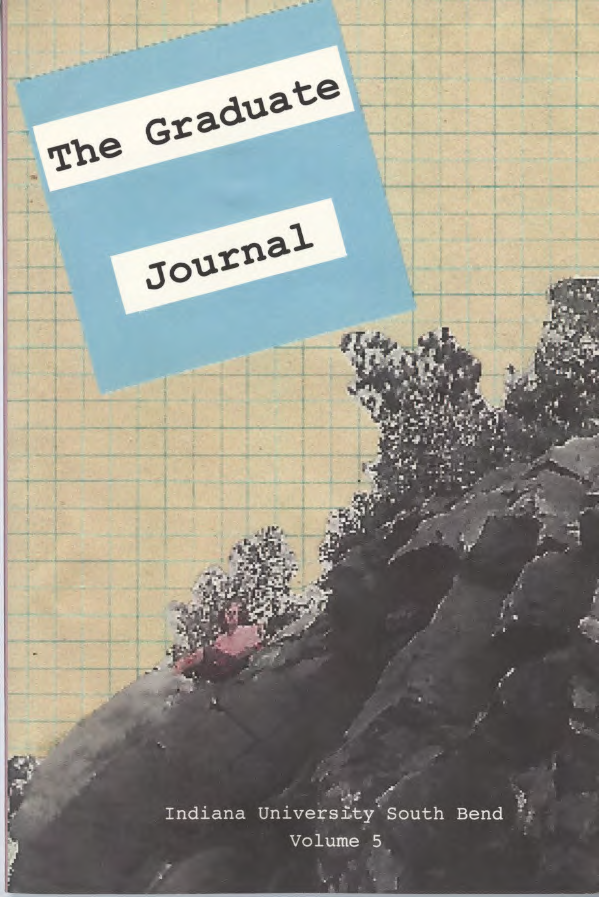A Critical Analysis of Franz Kafka's Novella The Metamorphosis
Main Article Content
Abstract
Several interpretations can be discovered when analyzing Franz Kafka's novella The Metamorphosis through various methods of literary criticism. When approaching the novel from a philosophical perspective, it becomes clear that Gregor's failure to accept the reality that his individuality was to be found in his mind, not his body, is what ultimately resulted in his death. According to a Marxist perspective, Gregor's transformation from man to insect can be seen to represent his social role as a proletariat, which he had been fulfilling prior to his transformation as a nameless individual working beneath the oppressive reign of the bourgeoisie. Furthermore, factors in Franz Kafka's personal life, such as his relationship with his father, inability to communicate, struggles with sexual repression and guilt, and familial traurna, had a significant impact on the formation of the novella.
Downloads
Article Details
Authors who publish with this journal agree to the following terms:>
- Authors retain copyright and grant the journal right of first publication with the work simultaneously licensed under a Creative Commons Attribution License that allows others to share the work with an acknowledgement of the work's authorship and initial publication in this journal.
- Authors are able to enter into separate, additional contractual arrangements for the non-exclusive distribution of the journal's published version of the work (e.g., post it to an institutional repository or publish it in a book), with an acknowledgement of its initial publication in this journal.
- Authors are permitted and encouraged to post their work online (e.g., in institutional repositories or on their website) prior to and during the submission process, as it can lead to productive exchanges, as well as earlier and greater citation of published work (See The Effect of Open Access).
